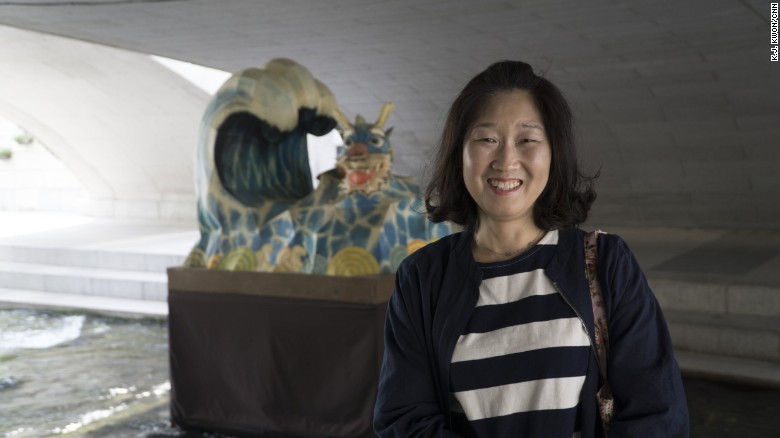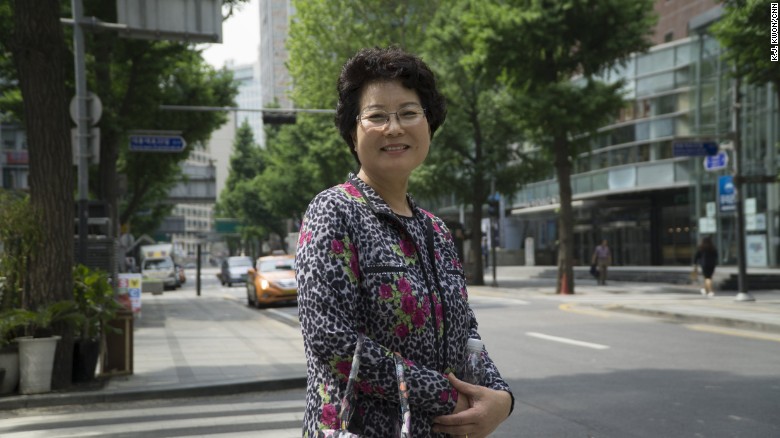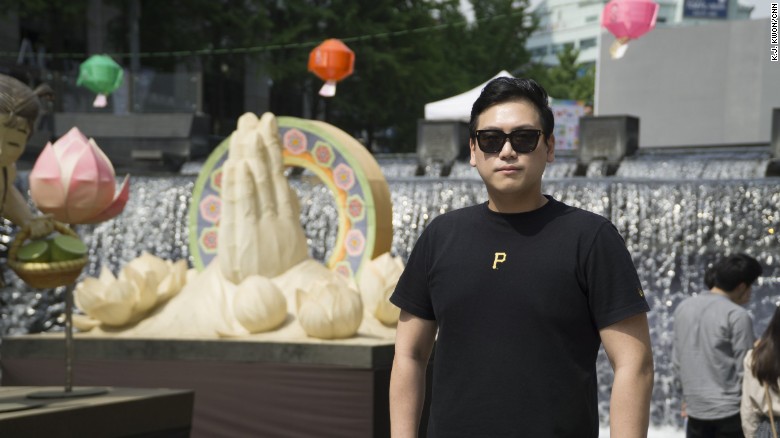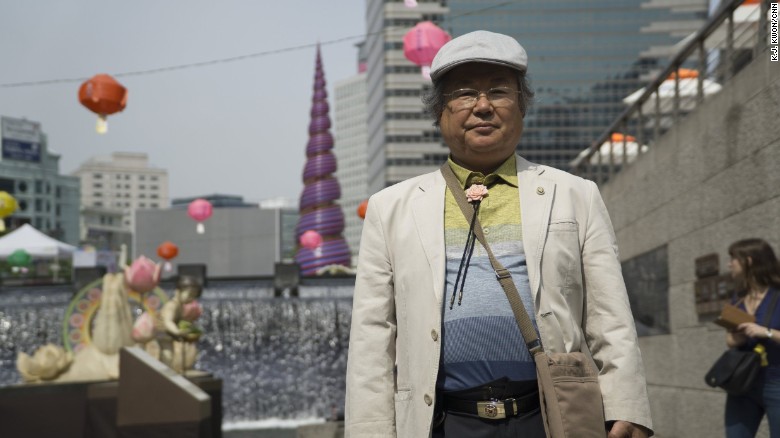Number one issue in the South Korean election? Not North Korea
South Koreans go to the polls Tuesday amid heightening tensions with North Korea and saber-rattling from Pyongyang and Washington.
But for many voters, relations with the North are not the main issue as they choose a successor to President Park Geun-hye, whose impeachment left voters clamoring for transparency and a clampdown on corruption.
Park's humiliating fall from grace has had far-reaching effects on South Korean politics. Once known as the "people's princess," by the time a constitutional court finally ejected her from office in March, Park's approval rating was in the single digits and her Saenuri Party was forced to change its name in order to distance itself from her.
Democratic Party leader Moon Jae-in has benefited from the swing away from scandal. Many voters see him as a "clean" candidate and have pushed him clear of rivals in recent polls.
Corruption
According to local pollster RealMeter, 27.5% of respondents said the most important thing for them was a candidate's "intention to resolve deeply-rooted corruption and reform," while 24.5% said it was their "ability to recover people's livelihood and the economy."
"Protection of the national security and liberal democracy" ranked number three in the survey, with 18.5% of respondents choosing it as the most important issue.
Less than a week before the vote, many Seoul locals voiced similar concerns about political reform and economic growth.

Lee Young-ok
"Rooting out corruption is important," said 45-year-old Lee Young-ok. "I wish the next president can lead the people to become harmonious instead of having conflicts over taking political sides."
Park's impeachment, while supported by an overwhelming majority of South Koreans, exposed generational divides over certain issues.
"Transparency in conducting state affairs is the most important thing to me," said Jang Guk-hee, a resident of central Daejeon city who was visiting his daughter in Seoul.
Politicians are the "most untrustworthy people in our country," Jang said.
The economy
Despite official expectations the economy will rebound slightly in 2017, many South Koreans still feel they are struggling. According to the semi-official Yonhap news agency, the economic suffering index -- which is calculated based on the unemployment and inflation rates -- is at its highest in five years.

Choi Seon-ok
"I sell milk products for a living," said 62-year-old Choi Seon-ok. "Because the economy is in difficulty, business is very bad. I wish there would be more welfare programs for people."

Nam Woo-hyu
"We saw recently a slightly bad side of our government," said college student Nam Woo-hyu, 26. He said the most important issues for him in the upcoming election were "the job market for young people and economic development."
Generational divide
Unlike their younger compatriots, many older South Koreans are more concerned with security issues and North Korea policy. According to a recent Gallup/YTN poll, while voters in their 30s overwhelmingly prefer Moon, only 16% of those in their 60s or older backed him, with most preferring Ahn Cheol-soo or Hong Jun-pyo, both of which take a more hardline policy on North Korea than Moon.

Bae Kyung-hwan
South Korea election
- Is South Korea about to reset its North Korea policy?
- South Korea's all-singing, all-dancing K-pop politics
- US says THAAD missile-defense system operational
- Impeached President Park Geun-hye indicted on criminal charges
- Party scenes in Seoul as country celebrates Park's ouster
"National security should be the most important agenda for the next government, followed by economic development," 72-year-old Seoul resident Bae Kyung-hwan said.
It was a view echoed by 75-year-old Kim Sang-soo: "National security is our number one priority."
Regardless of what issues they feel are important, all South Koreans who spoke to CNN said they will "definitely vote" on Tuesday.
Turnout is expected to be huge, with 91% of those surveyed by Gallup saying they would take part.
News Courtesy: www.cnn.com











